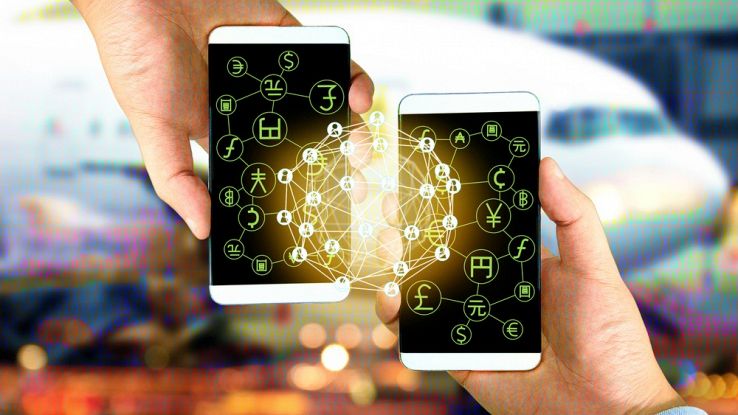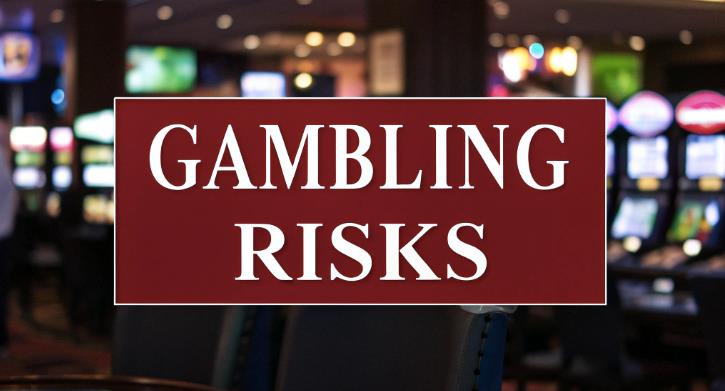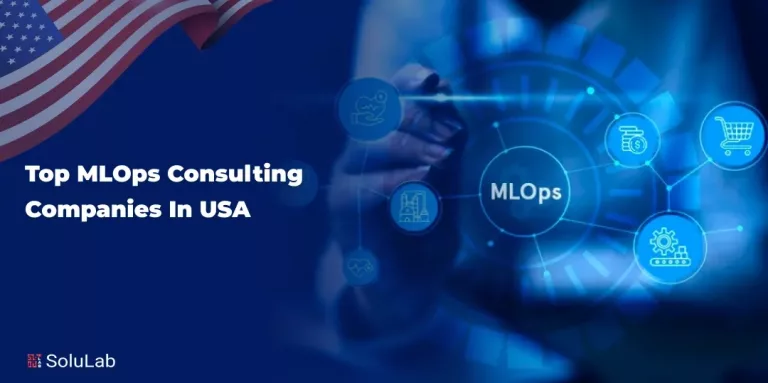This post is by guest author, Priyanka Sharma. This article has been edited and published with the author’s permission.
The blockchain is a trending topic right now. We will learn here about how developers can use blockchain for mobile app development. This technology has revolutionized the IT industry with its gradual but substantial influence over various spheres of technology. The typical examples are the banking sector, insurance, currency exchange, and likewise.
When we say “blockchain,” the next thing which comes to our minds is ‘cryptocurrency.’ Many of us get excited about hearing this term. For those who are unaware, let us explain a little.
A cryptocurrency is a digital medium of exchange which uses secure encryption techniques to monitor and control the creation of monetary units in addition to verifying them before transferring the funds.
Thinking about how Bitcoin peers with Blockchain. Before we proceed further with our article’s sole subject, it is essential to understand the role of bitcoin technology in the invention of the blockchain, that has taken both the tech and financial industry by storm.
This guide sheds light on the detailed overview of the blockchain – what is blockchain, why and how mobile app developers can use Blockchain in the development of mobile applications.
A Brief Info on Blockchain For Mobile App Development

A blockchain is merely a distributed ledger technology which is powered by an extensive peer-to-peer network. It stores blocks of information that is decentralized. In other words, a blockchain is the data structure that shares identical information across its network, and no centralized version of this information exists preventing it from being hacked or corrupted because of a data breach.
The blockchain network is transparent and incorruptible. Being hosted by ‘N’ number of computers simultaneously, its data is available to anyone on the internet. Now, it may arise a question that how it proves to be beneficial if it is easily accessible for customers. Though the information is available on the internet, it protects customer confidentiality during a transaction and secures the contents of the transaction itself.
The fundamental feature of a blockchain is a peer-to-peer architecture that lets users carry out transactions without using a trusted third party.
As mobile transactions are gaining momentum for online businesses nowadays, blockchain-based mobile apps are increasingly getting popular. With that in mind, it should come as no surprise that the blockchain has quickly found its way into the mobile app world. Simply put, the Blockchain has become the most quintessential technological asset of 2018 that is going to leave its mark on the 21st century.
Importance of Blockchain For Mobile App Development
Before the invention of the blockchain, financial transactions were required to undergo ‘N’ number of either peer-to-peer service providers or banking institutions. With the induction of the blockchain, an entirely new system of verification and transaction began.
Research statistical data are confirming that by 2021, the blockchain market spending is predicted to cross $9.7 billion from just $945 million in 2017. IDC predicts that in 2019, spending on blockchain may be a whopping 2.1 billion. The technology may experience 42.8% growth every year until 2022. Lastly, a significant 71% of business leaders across niches think blockchain is going to be the critical factor in the uplifting of technology standard.
However, this process is incredibly valuable in areas where government assistants monitor many transactions each day.
Uses of Blockchain
Blockchains are the new standards for encryption and user privacy for new and more efficient business processes intended to provide P2P access to individuals from all corners of the globe. Are you clueless about incorporating blockchain into your next mobile app? If you want to know about all the critical steps of using blockchain for your next app? Here we are going to explain how you can utilize blockchain for building mobile apps.
Know if Blockchain is suitable for your App Idea:
Before you advance with the implementation of Blockchain in your app development, it is essential to analyze how Bitcoin works. If your idea supports transactional process and payment gateways or it is about an app that loaded with the mission-critical database, needs the active support of a secure and decentralized database technology like blockchain.
If you find blockchain to be suitable for your application, proceed with our next section which is about “how to implement Blockchain in your app.”
Key Considerations To Incorporate Blockchain Into Mobile Apps
- Like any other app, this blockchain based mobile apps require an in-depth analysis of the technology and its various constituents like the network, blockchain platforms, programming languages, back-end, front-end, and quality assurance for different mobile platforms, etc.
- Next is network option where you have two broad choices: ‘permissionless” blockchain network and ‘permissioned blockchain network’. The first one boasts of broader and unlimited access like Bitcoin, Ethereum, etc., while the second one is a closed network ruled by accessibility constraints and regulations.
- Blockchain platforms includes both open-source and public platforms, as well as private platforms. This is entirely up to the mobile app developers who need to choose between 25 blockchain platforms.
- In addition to the traditional programming languages like Java, C++, Python, etc., the developers can also opt for advanced blockchain-specific languages. For instance – Simplicity and Solidity.
- You need to choose whether investing some resources and time in the blockchain makes the current business sense. You need to achieve the cost-benefit study, explore the engagement of risks, issues, and audit the internal capabilities. If the analysis proved to blockchain now, you could move into the following step for traditional development.
Steps To Implement Blockchain For Mobile App Development
When the objective of implementing blockchain for your app is clear, you can proceed to the practical steps of implementing blockchain-based mobile app development.
I. Choose the suitable consensus-based method
As we know, a mutual consensus mechanism is important to ensure the complete accessibility and security of blockchain. Therefore, you should choose a consensus methodology that best-fits your app behavior. Some of the conventional alternatives are Proof of Work, Proof of Elapsed Time, Proof of Stake, Round Robin, etc. You need to select any of them.
2. Design Architecture
Next will be picking a configuration for the design architecture. You can host blockchain with the cloud-based, hybrid, or in-house model. This will give you an array of options for configuration relating to the processor, operating system, disk size, and memory. The design architecture should be decided based on the mobile OS platform for which you are developing the app.
3. UI and Admin Panel Design
Finally, you need to develop the app UI and admin panel of the blockchain. To achieve this, use a front-end programming language, an external database, and designated app servers.
Following the app soft-launching through the console, you need to connect it with analytics.
Some Common Ways To Implement Blockchain in Mobile-based Apps:
- In an app for exchanging cryptocurrencies. Like stock market apps, such cryptocurrency apps allow you to have total control over your digital assets and trade with them.
- In electronic wallet apps that can store your digital money.
- In digital asset tracker apps to provide you updated information about the rates, cryptocurrency trades, and market dynamics.
- Retail apps that allow its customers to pay through bitcoin or other such cryptocurrencies.
- Smart contract or self-executable protocols that respond automatically to some predetermined triggers is another facet of blockchain that can be useful in mobile apps for driving automation.
Conclusion :
The industry is still developing, and no one can predict how long it may last. Developers think that even if the cryptocurrency age doesn’t last, there’s a more significant potential for Blockchain than just finance.




